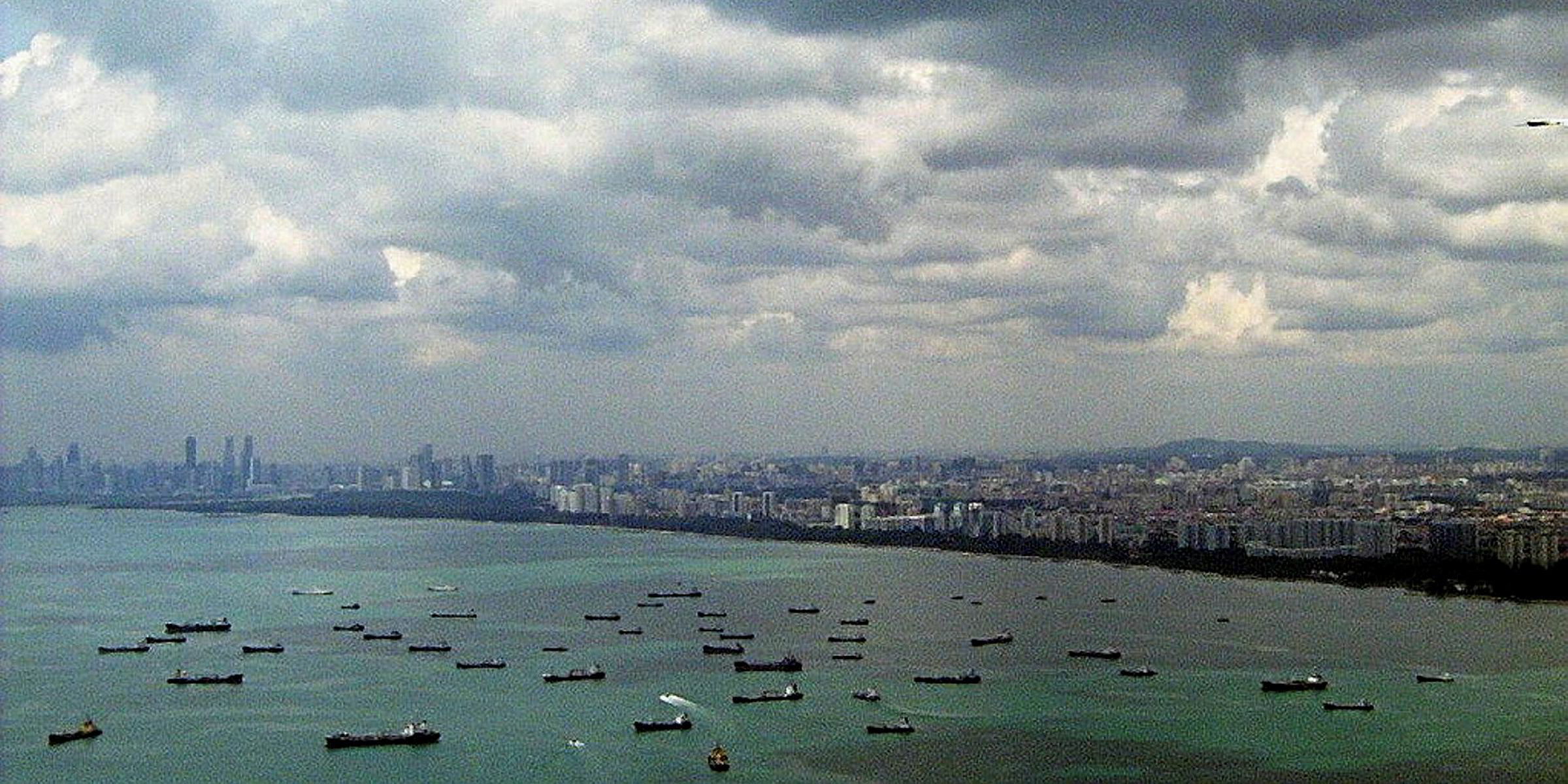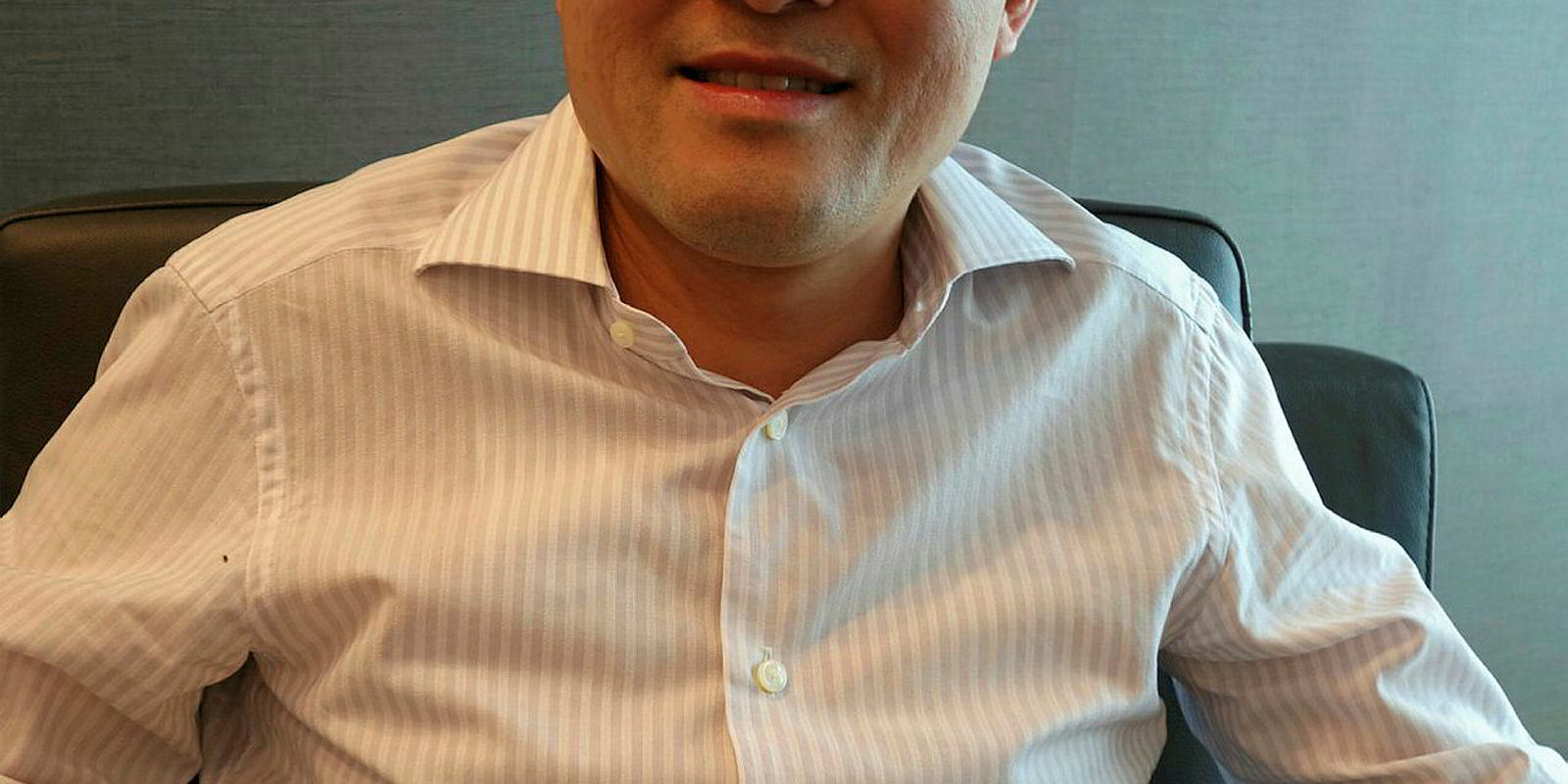A newly formed scrubber advocacy body has attacked a decision to ban open loop systems from Singapore waters.
The Exhaust Gas Cleaning System Association (EGCSA) said the move by the Maritime and Port Authority of Singapore (MPA) prohibiting the discharge of process water came without prior notice or discussion with the IMO despite the fact that MPA is a signatory to MARPOL Annex VI.
The MPA provided neither scientific evidence for its decision nor was the industry invited to consultation, it added.
"If there had been discussion, the Singapore MPA might have realised the high risks to human health resulting from the high toxicity of low sulphur fuels and more toxic distillates if no exhaust gas cleaning systems are used," it said.
"It is disappointing that the Singapore MPA has been less than open about its plans and has not, as far as we can tell, based its decision on proven scientific findings," it added.
"We would urge the IMO, national governments, port and harbour authorities to base any future decisions relating to the use of marine scrubbers, whether they use open or closed loop systems, on evidence and fact."
Singapore banned the use of open loop scrubbers from 1 January 2020, while vessels with hybrid kits will have to switch to closed loop mode.
EGCSA said ships operating an inert gas plant, like crude tankers, have discharged process water from open loop scrubbers in the port area for over 50 years. No studies have been published that indicate measurable harm to the marine environment, it added.
It also questioned what difference the MPA sees between open and closed loop scrubbers.
"The EGCSA welcomes dialogue and evaluation based on science and evidence," it added.
"We encourage all ports to avoid the quick headline which is politically motivated and provides no measurable society benefit and instead to seek dialogue with the industry, conduct thorough investigations into all the available options for meeting the 2020 sulphur cap and to focus on sustainable solutions that will stand the test of time."




